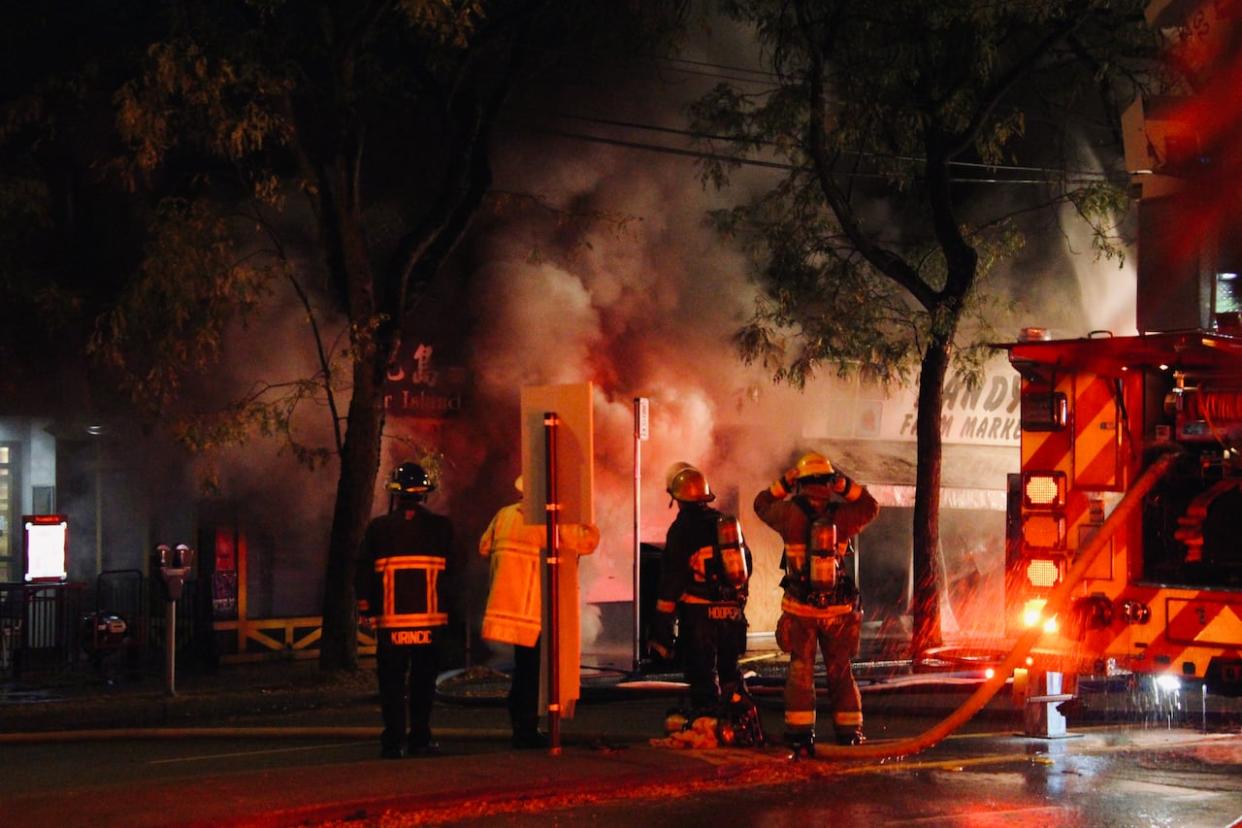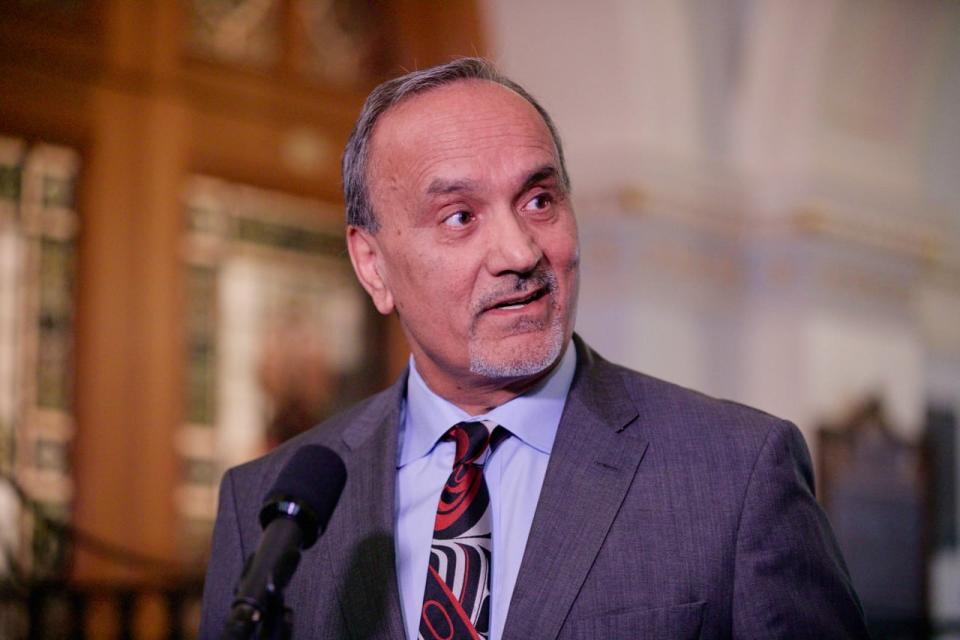City of Vancouver loses legal fight over firefighters' sick days

The City of Vancouver has lost a legal battle over paying firefighters sick days, the latest development in a years-long dispute that found the city broke provincial law.
The city had asked the B.C. Labour Relations Board (LRB) to review an arbitrator's January 2023 decision that found Vancouver had denied firefighters required sick leave.
In a decision made last week, the LRB sided with the arbitrator and dismissed the city's application.
No estimate of the total amount the city must pay was given.
"It's been a challenging process," Lee Lax, vice-president of IAFF Local 18, which represents more than 800 firefighters in Vancouver, told CBC News on Wednesday.
"We remain hopeful that, like all employees in British Columbia, we will continue to have access to employer paid sick days as prescribed in the Employment Standards Act."
The city told CBC News it's reviewing the LRB decision and would not comment further. It has until April 30 to appeal the decision.
Sick day fund
The legal battle stems from a grievance filed by IAFF Local 18 in 2022, arguing the city had broken provincial law.
The union's 2020-21 collective agreement said the city would cover sick days, according to the arbitrator's decision.
But under the agreement, a part of firefighters' pay went toward a fund that paid out for the first four sick days a member would take every year.
In 2021, the B.C. government amended the Employment Standards Act, requiring employers to fund five days of paid sick leave.

B.C. Labour Minister Harry Bains changed the Employment Standards Act over concerns some employees were excluded from five full paid sick days due to language in their collective agreements. (Michael McArthur/CBC)
The change guaranteed paid sick leave to employees who had worked at least 90 days on the job, which led the City of Vancouver to only grant five sick days to firefighters with less than six months of service, according to the arbitrator.
For employees past the six-month mark, the city kept its policy of invoicing the sick leave fund for the first four sick days of the year, arguing that firefighters already received sick pay, according to the arbitrator decision.
The city cited an exemption in B.C.'s law for workplaces whose policies "meet or exceed" the legal requirements of five paid sick days.
In 2022, B.C. changed the law again, removing the "meet or exceed" requirement over concerns that some workers were being excluded from receiving the full five paid sick days.
The union argued its sick pay fund — financed by members' wages — "cannot operate to undermine" the employer's obligations to provide paid sick days.
'Qualitatively different sick days'
Arbitrator Jessica Gregory agreed, concluding that the sick days in provincial law are "qualitatively different sick days" because they're fully paid by the employer.
Gregory found the City of Vancouver violated the Employment Standards Act and ordered the city to pay firefighters with more than six months on the job for any sick leave they took after April 2022.
The LRB agreed with the arbitrator that after the "meet or exceed" exception was removed, "there is simply no basis to conclude that an employee … would not be entitled to pay leave."
The city went to the B.C. Court of Appeal to overturn the arbitrator's decision but the court dismissed it, citing a lack of jurisdiction.


